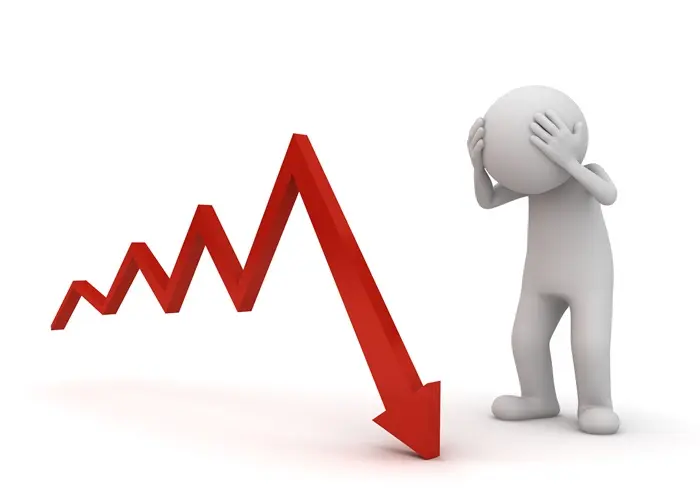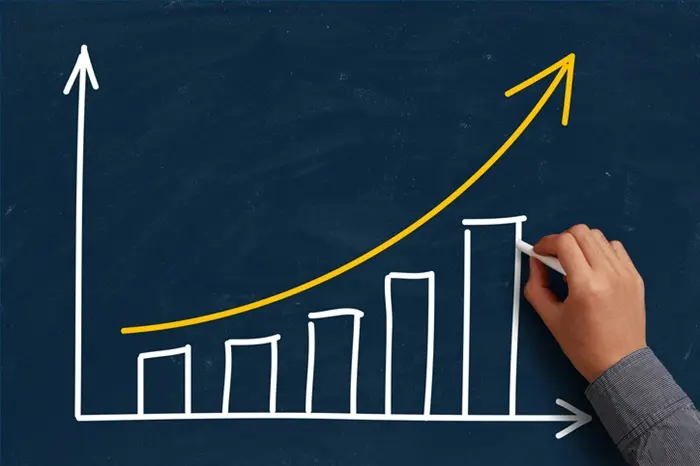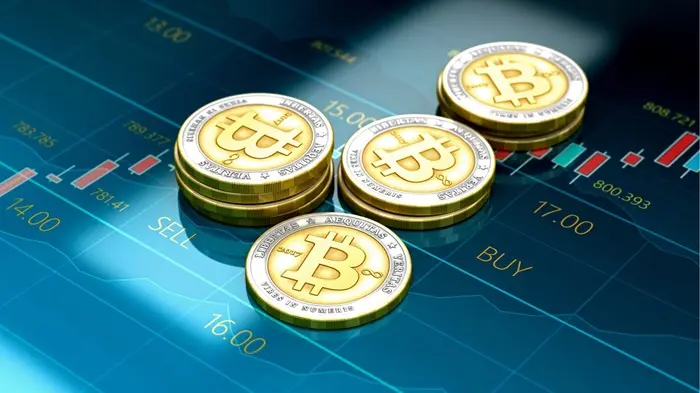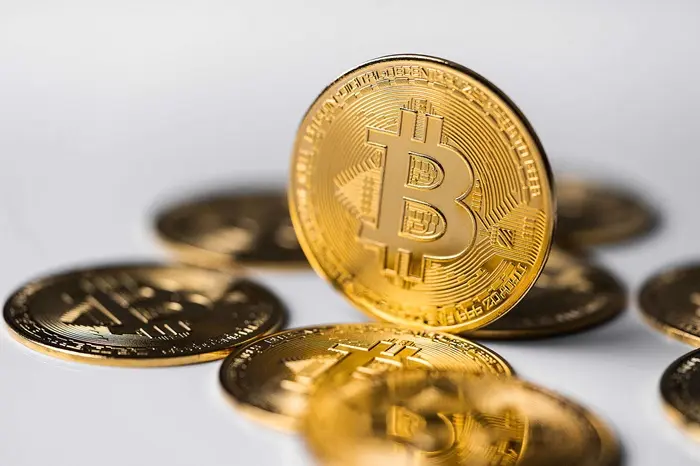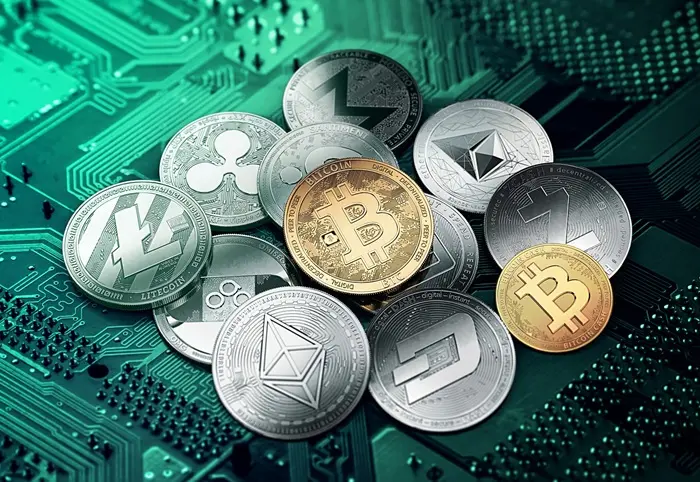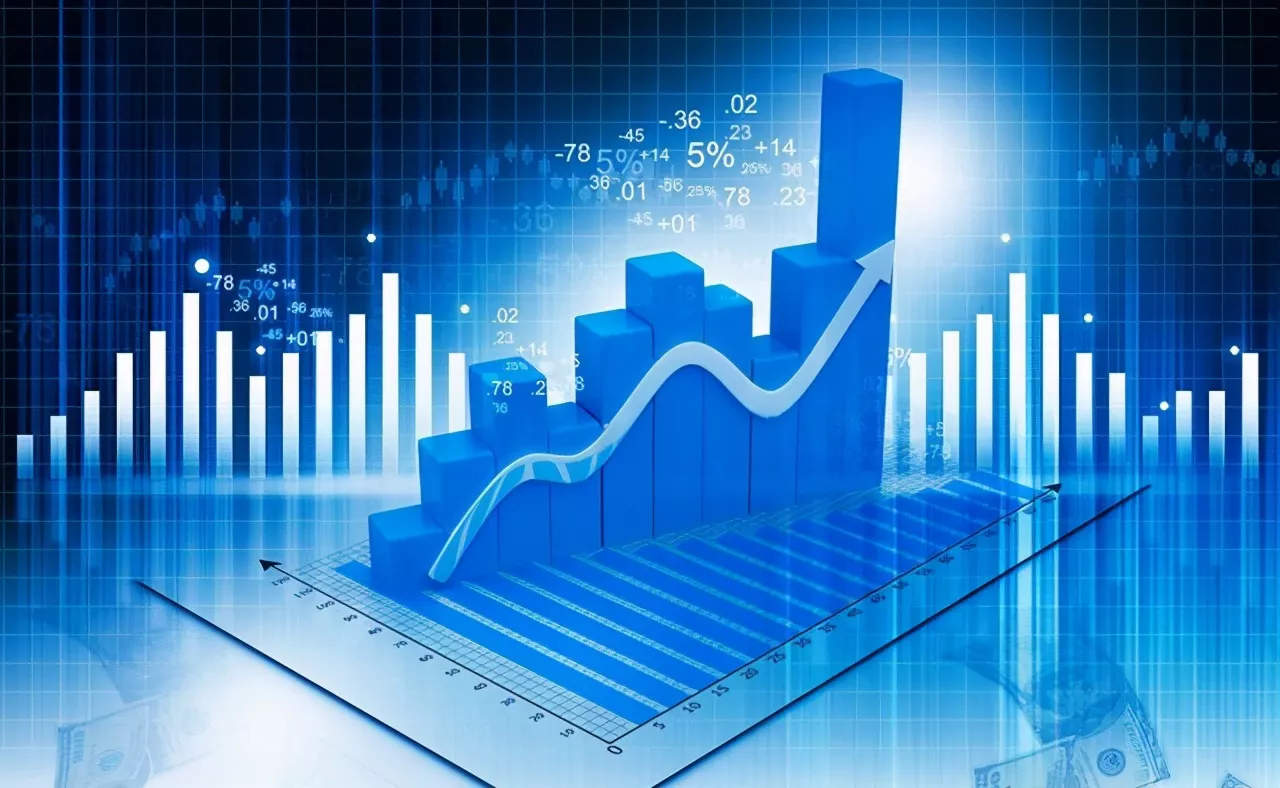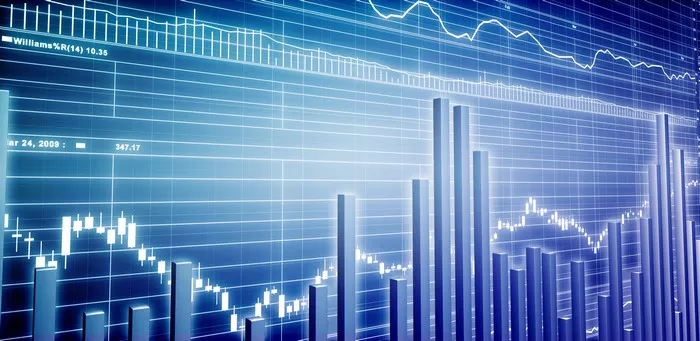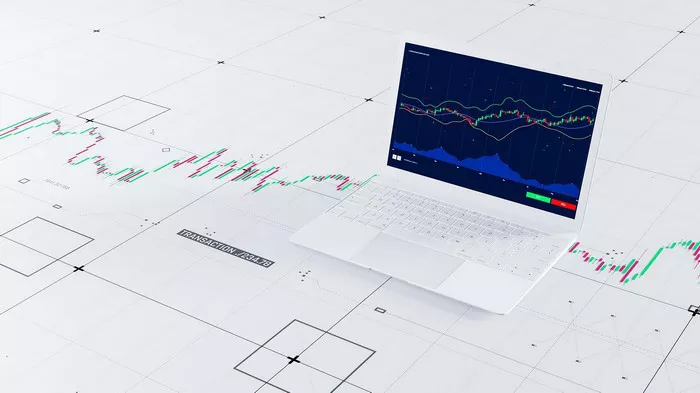Masdar, the United Arab Emirates’ clean energy provider, has announced its strategic entry into the Philippines renewables market, aiming to develop 1 gigawatt (GW) of clean energy projects by 2030. This move is part of Masdar’s ongoing efforts to expand its renewable energy portfolio in Southeast Asia and support the Philippines’ energy transition.
Key Agreements with the Philippine Government
Masdar has signed important agreements with the government of the Philippines to advance the country’s renewable energy goals. The agreements cover the development of solar, wind, and battery energy storage systems (BESS), with a combined capacity of up to 1GW by 2030. This ambitious project aligns with the Philippines’ energy transition program, which aims to achieve 35% renewable energy in power generation by 2030 and 50% by 2040.
The agreements include an implementation agreement with the Department of Energy (DoE) and a memorandum of understanding (MoU) with the Board of Investments of the Philippines. These agreements are designed to accelerate the Philippines’ transition towards clean energy, creating new opportunities for growth and sustainability.
Masdar’s Role and Expertise
Masdar’s CEO, Mohamed Jameel Al Ramahi, expressed his enthusiasm for this expansion, highlighting the Philippines as a key strategic market in Masdar’s global renewable energy efforts. Al Ramahi emphasized the company’s proven success in implementing large-scale renewable energy projects worldwide, reinforcing its capability to support the Philippines in achieving its renewable energy targets.
Masdar’s goal is to reach a renewable energy capacity of 100GW by 2030. The company aims to leverage its expertise in commercial, technical, financial, and environmental aspects of renewable energy project development to ensure the successful implementation of these initiatives in the Philippines.
Energy Transition Program and Economic Impact
The Philippines’ energy transition program focuses on increasing the share of renewable energy in the country’s power generation sector. By signing these agreements, Masdar will help the Philippines reduce its reliance on fossil fuels and enhance its energy security. Additionally, the partnership is expected to bring substantial economic benefits, such as job creation, technology transfer, and the development of advanced skills in clean energy.
Secretary of Energy of the Philippines, Raphael PM Lotilla, emphasized the long-term impact of the collaboration, noting that it would not only boost energy security but also provide opportunities for sustainable economic development in the country. The project is expected to position the Philippines as a regional leader in sustainable energy.
Support from the Philippine Government
As part of the agreement, the Department of Energy (DoE) will support Masdar in conducting pre-development tasks, securing necessary approvals, and acquiring the rights for the projects. The DoE will also assist in obtaining investment incentives and tax exemptions for the clean energy projects.
The Philippine government’s commitment to supporting Masdar’s development efforts signals its dedication to meeting its renewable energy goals. The successful execution of these projects will contribute to both the country’s environmental sustainability and economic growth.
Conclusion
Masdar’s entry into the Philippines renewables market represents a significant step in the UAE-based company’s efforts to expand its clean energy footprint in Southeast Asia. With a target of developing 1GW of renewable energy by 2030, the collaboration with the Philippine government promises to drive the country’s energy transition while also creating significant economic opportunities. As Masdar continues to play a pivotal role in the global renewable energy landscape, this partnership underscores the growing importance of sustainable energy solutions in the region.
Related topics:


